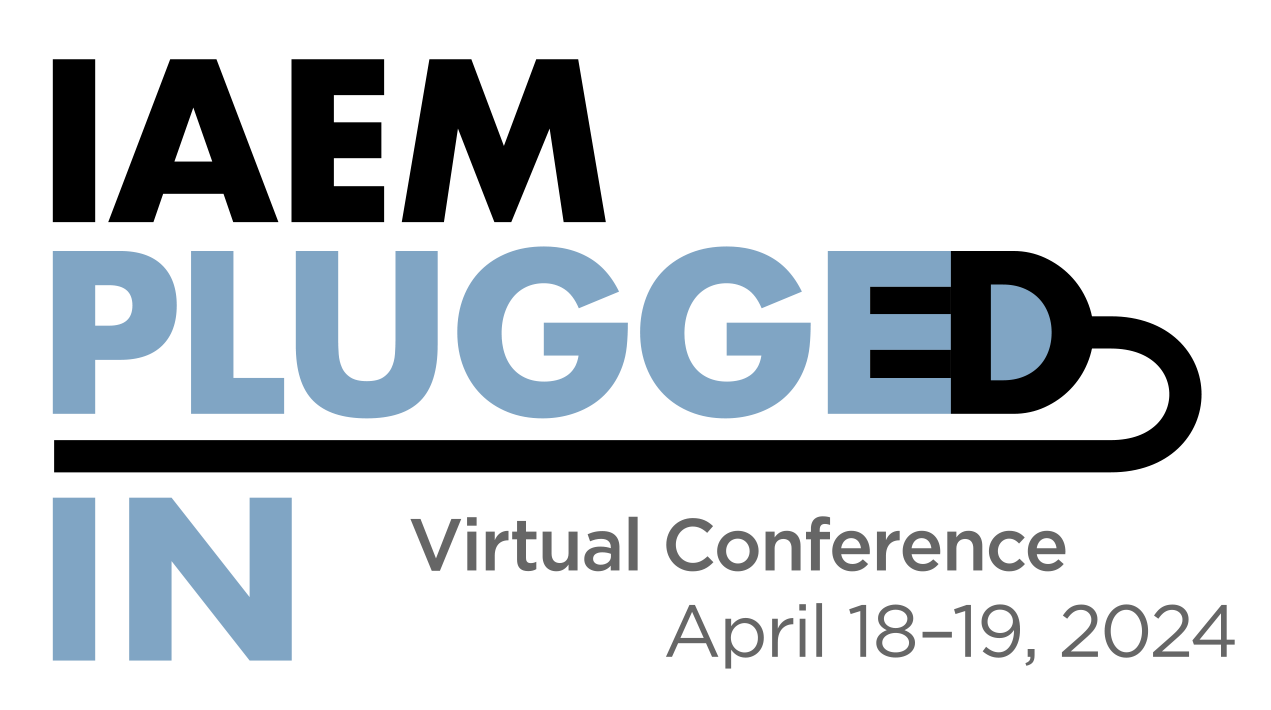Effects of organization leadership behavior on learning ethics: A study of professional paramedics
DOI:
https://doi.org/10.5055/jem.2009.0040Keywords:
ethics, EMS, leadership, newcomers, ethics instruction, paramedicsAbstract
A review of the methods of ethics instruction reveals that demonstrated ethical behavior by leadership, although not central-most to introducing an organization’s newcomers to a normative approach to ethical decision making and behavior, is ubiquitous and highly placed in contemporary ethics pedagogy. Similarly, a review of ethics assessment tools finds that nearly all probe perceptions by group members of the ethical behavior of those who provide group supervision and leadership.This article asks if ethical behavior by senior Emergency Medical Service (EMS) leaders is of sufficient strength to convey to newcomers (in this case, newly hired fire department paramedics) the ethics of that organization. This research was conducted in an urban fire academy and compared, using a standardized assessment tool, an ethics culture survey of academy instructors, and then a class of paramedics both before and after their academy experience. The authors find that EMS newcomers do not absorb ethics osmotically and that EMS leaders must anticipate that instruction in ethics is necessary to ensure that moral actions taken by newcomers will be those desired by the organization.References
Klugman CM: Why EMS needs its own ethics. EMS Responder 2009. Available at www.emsresponder.com. Accessed February 26, 2009.
Maggiore WA: Ethics in EMS continues to decline. EMS and the Law 2006.Available at www.jems.com. Accessed February 26, 2009.
French E, Casali GL: Ethics in emergency medical services—Who cares? An exploratory analysis from Australia. Electr J Bus Organizational Stud. 2008; 13(2): 44-53.
Adams JG, Arnold R, Siminoff L, et al.: Ethical Conflicts in the pre-hospital setting. Ann Emerg Med, 1992; 21(10): 1259-1265.
Sine DM, Northcutt N: A qualitative analysis of the central values of professional paramedics. Am J Disaster Med. 2008; 3(6): 339.
Marine Corps Institute: Operational Risk Management, ORM-1. Washington, DC: Headquarters Marine Corps, 2001: 27.
Sandeman L, Normark A: Ethical conflicts in pre-hospital care. Nurs Ethics. 2006; 13(6): 592-607.
Fox E, Crigger BJ, Bottrell M, et al.: Ethical Leadership: Fostering an Ethical Environment and Culture. Washington, DC: Veterans Health Administration, 2006.
Ozar D: Dental Ethics at Chairside, 2nd ed. Washington, DC: Georgetown University Press, 2002.
Beauchamp T, Childress J: Principles of Biomedical Ethics, 5th ed. New York: Oxford University Press, 2001.
Kunda G: Engineering Culture. Philadelphia: Temple University Press, 1992.
Schein EH: Organizational Culture and Leadership, 3rd ed. San Francisco: Jossey-Bass, 2004.
Trevino LK,Weaver GR, Gibson DG, et al.: Managing ethics and legal compliance: What works and what hurts. Calif Manage Rev. 1999; 41(2): 131-151.
Jurkiewicz CL: Soul food: Morrison and the transformative power of ethical leadership in the public sector. Public Integrity. 2006; 8(3): 245-256.
Martin J: Organizational Culture: Mapping the Terrain. Thousand Oaks: Sage, 2002.
Helin S, Sandstrom J: An inquiry into the study of corporate codes of ethics. J Bus Ethics. 2007; 75: 253-271.
Kaptein M, Schwartz MS: The effectiveness of business codes: A critical examination of existing studies and the development of an integrated research model. J Bus Ethics. 2008; 77: 111-127.
Hoffman D, Morgeson F: Safety related behavior is a social exchange: Rule of perceived support and leadership member exchange. J Appl Psychol. 1999; 84: 286-296.
Powers M, Faden R: Social Justice. Oxford: New York, 2006: 70.
Northcutt N, McCoy D: Interactive Qualitative Analysis: A Systems Method for Qualitative Research. Thousand Oaks: Sage, 2004.
Bowden P, Smythe V: Theories on teaching and training in ethics. Electr J Bus Organizational Stud. 2008; 13(2): 19-26.
Lewicki RL, Bunker B: Developing and maintaining trust in work. In Kramer R, Tyler T (eds.): Relationships in Trust in Organizations: Frontiers of Theory and Research. Thousand Oaks: Sage, 1996: 114-139.
Louis MR: Acculturation in the workplace. In Schneider B (ed.): Organizational Climate and Culture. San Francisco: Josey Bass, 1990: 85-129.
Shamoo A, Resnik D: Responsible Conduct of Research. New York: Oxford University Press, 2003.
Fraedrich F: Business Ethics. Boston: Houghton Mifflin, 1991.
Institute of Medicine: Integrity in Scientific Research, 2002. Available at www.iom.edu/CMS/3740/4870/4459.aspx. Accessed November 11, 2009.
Lewin LO, Olsen C, Goodman K, et al.: UME-21 and teaching ethics: A step in the right direction. Fam Med. 2004; 36 (Suppl): 12-14.
Cooke R: Corporate Ethics Audit. Human Synergistics, 2003.
Sine DM, Northcutt N: A qualitative analysis of the central values of professional paramedics. Am J Disaster Med. 2008; 3(6): 336.
Rousseau D: Assessing organizational culture: The case for multiple methods. In Schneider B (ed.): Organizational Climate and Culture. San Francisco: Jossey-Bass, 1990: 153-192.
Victor B, Cullen JB: The organizational bases of ethical work climates. Adm Sci Q. 1988; 33: 101-125.
Reichers A, Schneider B: Climate and culture. In Schneider B (ed.): Organization Climate and Culture. San Francisco; Jossey- Bass, 1990: 5-39.
Valentine S, Fleischman G: Ethics training and businesspersons’ perceptions of organisational ethics. J Bus Ethics. 2004; 52: 391-400.
Grady C, Danis M, Soken K, et al.: Does ethics education influence the moral action of practicing nurses and social workers? Am J Bioethics. 2008; 8(4): 4-11.
Hofstede G: Cultures and Organizations: Intercultural Cooperation and Its Importance for Survival. London: Harper Collins, 1994.
Maanen JV: The smile factory: Work at Disneyland. In Frost P (ed.): Reframing Organizational Culture. Newbury Park: Sage, 1991: 58-76.
Published
How to Cite
Issue
Section
License
Copyright 2007-2023, Weston Medical Publishing, LLC and Journal of Emergency Management. All Rights Reserved







